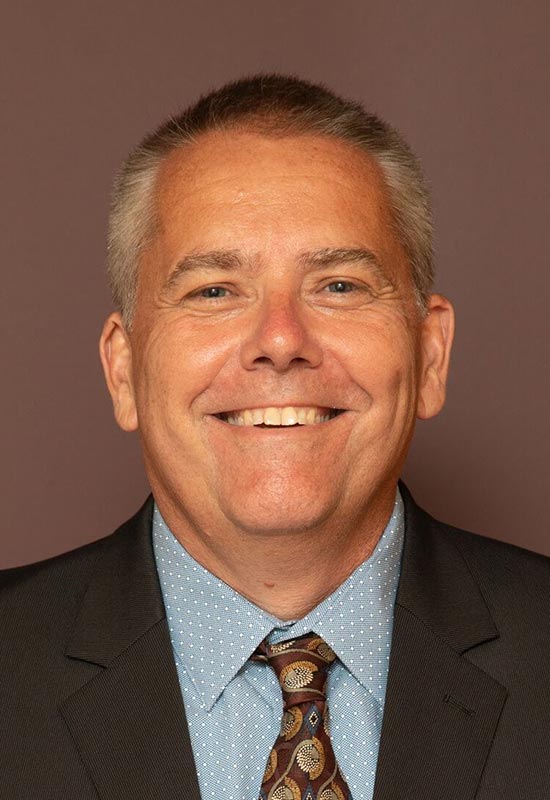Wayne State University announced today that it is one of eight public research universities joining the Association of Public and Land-grant Universities (APLU)-led Aspire Alliance institutional change initiative, a national effort to attract, retain and support faculty as institutions work to advance their universities’ education, research and engagement missions. The Aspire Alliance is part of the National Science Foundation Eddie Bernice Johnson INCLUDES National Network.

“WSU’s goal for faculty success is to cultivate a climate of inclusion through intentional mentoring and career development at all stages,” said Boris Baltes, Wayne State senior associate provost for faculty affairs and associate vice president of academic personnel. “One of our main goals is retaining faculty. Participation in the IChange Network will provide access to much-needed resources related to retaining this talent. It will also help WSU become a resource for other institutions undertaking similar endeavors.”
Amid a fiercely competitive landscape for talent, an institutional environment that attracts, develops and supports high-performing faculty is essential to public research universities' success.
“We’re delighted to welcome eight public research universities to join in this critically important work,” said Howard Gobstein, senior vice president for STEM education and research policy and the director of Aspire Alliance. “These institutions are laser-focused on supporting faculty so they can advance the public interest through their education, research and engagement missions.”
Wayne State is committed to attracting and retaining top-notch faculty.
“WSU has engaged in many ways to address hiring, retention and the advancement of faculty — especially underrepresented faculty,” Baltes said. “For example, in 2020, WSU was awarded the NSF ADVANCE Adaptation: Gender Equity Advances Retention in STEM at Wayne State University (WSU-GEARS; award #2017586) grant. WSU-GEARS adapts successful, evidence-based strategies and activities that have been developed under other ADVANCE programs to eliminate barriers to hire, retain and advance women faculty, particularly URM faculty, in STEM disciplines.”
The other universities in the cohort include University of Colorado, Boulder; Fort Valley State University; University of Illinois Chicago; Kent State University; University of Maine; University of Nebraska Omaha; and Washington State University.
The IChange Network uses an institutional- and community-based approach to create a customized action plan that helps colleges and universities address practice and policy barriers that exist in:
- Institutional context, including culture and climate
- Faculty recruitment, including outreach, building candidate pools and candidate selection
- Faculty hiring, including job offers, negotiation and onboarding
- Faculty retention, including professional development, promotion and tenure, and job satisfaction and support
Universities work in a launch cohort in which the APLU team provides each institution with tools and technical support to create a campus-based team of senior academic leaders to champion the work, including a self-assessment of institutional faculty, a practice and policies audit, and the creation of a draft data-informed action plan.
The eight universities announced today join 54 universities already involved in the Aspire Alliance’s Institutional Change effort. Institutions implement their action plan, focusing on making changes that improve institutional culture, faculty recruitment, faculty hiring or faculty retention. They also join regionally based peer groups to collaborate with other participating institutions on the finalization and implementation of their action plans. These groups share challenges and best practices and collectively collaborate to advance faculty success through joint planning and support. More than three dozen public research universities are already engaged in a thriving network.
###
APLU is a research, policy, and advocacy organization dedicated to strengthening and advancing the work of public universities in the U.S., Canada, and Mexico. With a membership of more than 250 public research universities, land-grant institutions, state university systems, and affiliated organizations, APLU's agenda is built on the three pillars of increasing degree completion and academic success, advancing scientific research, and expanding engagement. Annually, member campuses enroll 5.0 million undergraduates and 1.3 million graduate students, award 1.3 million degrees, employ 1.3 million faculty and staff, and conduct $49.5 billion in university-based research.
